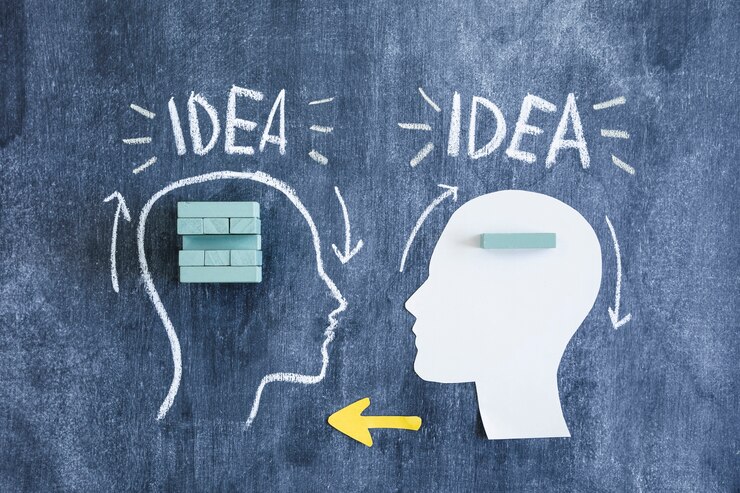Psychology of decision-making, we make thousands of decisions what to eat, what to wear, whether to hit snooze one more time. Some choices are minor, while others shape the course of our lives. But have you ever wondered what drives these decisions? Why do we sometimes make choices that seem irrational in hindsight? Let’s dive into the psychology behind decision-making and explore how understanding it can improve our lives.
The Science Behind Decision Making
At its core, decision-making is a complex process influenced by both rational and emotional factors. Our brains rely on two primary systems, as proposed by psychologist Daniel Kahneman in his book Thinking, Fast and Slow:
- System 1 (Fast Thinking): Intuitive, automatic, and emotional. This system helps us make quick judgments, like recognizing a friend’s face or avoiding danger.
- System 2 (Slow Thinking): Analytical, deliberate, and effortful. It comes into play when solving a math problem or making a significant life decision.
While fast thinking allows us to navigate daily life efficiently, slow thinking helps us weigh pros and cons when faced with complex choices.
Cognitive Biases: The Hidden Influencers
Our decisions aren’t always as logical as we’d like to believe. Cognitive biases systematic patterns of deviation from rational judgment often influence our choices. Here are a few common ones:
1. The Anchoring Effect
Ever wondered why stores mark an item’s “original price” next to a discount? This tactic exploits the anchoring effect, where our minds fixate on the first piece of information we receive. Even if the discount isn’t that great, the initial price makes it seem like a steal.
2. Confirmation Bias
We tend to seek out information that confirms our existing beliefs while ignoring contradictory evidence. This bias can influence everything from political opinions to career choices.
3. The Paradox of Choice
More choices should lead to better decisions, right? Not necessarily. Psychologist Barry Schwartz, in The Paradox of Choice, argues that too many options can lead to decision paralysis and dissatisfaction. Ever spent ages scrolling through Netflix, only to feel frustrated? That’s choice overload in action.
The Role of Emotions in Decision-Making
Contrary to the idea that rationality should always prevail, emotions play a critical role in our choices. Neuroscientist Antonio Damasio found that individuals with brain damage affecting their emotions struggled to make even simple decisions. Our feelings provide valuable signals like gut instincts that guide our behavior.
For example:
- Fear can prevent us from taking risks, sometimes for the better, but it can also hold us back.
- Excitement can push us to seize new opportunities, even when they come with uncertainty.
- Regret teaches us lessons from past choices, influencing our future decisions.

Improving Your Decision-Making Skills
1. Recognize Biases
Awareness is the first step. Once you identify cognitive biases, you can counteract their influence by seeking diverse perspectives and questioning initial assumptions.
2. Use the 10-10-10 Rule
Ask yourself: How will this decision affect me in 10 minutes, 10 months, and 10 years? This framework, popularized by journalist Suzy Welch, helps put choices into long-term perspective.
3. Limit Your Options
When overwhelmed by choices, narrow them down. If you’re torn between five job offers, eliminate the least appealing ones first, then compare the remaining two or three.
4. Balance Logic and Emotion
Instead of suppressing emotions, consider them alongside rational analysis. A well rounded decision incorporates both logic and intuition.
What’s Your Next Big Decision?
Understanding the Psychology of decision-making empowers us to make better choices in all areas of life career, relationships, health, and finances. The next time you face a tough decision, pause and reflect: What’s influencing your choice? Are you falling into common cognitive traps, or are you making a well balanced decision?
What’s a difficult decision you’ve had to make recently, and how did you approach it? Share your thoughts in the comments below!




